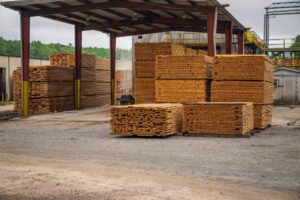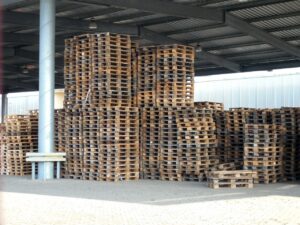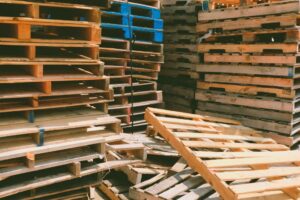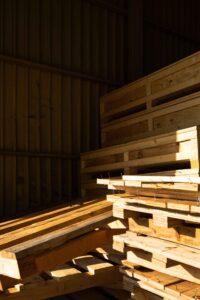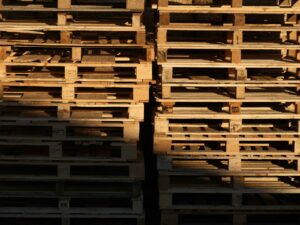1. Introduction
Bamboo-based biofuel production is an innovative and sustainable approach to energy generation. Bamboo is a fast-growing, high-biomass plant that provides an excellent raw material for biofuel production, including bioethanol and biochar. This project aims to establish a bamboo biofuel production facility to cater to the growing demand for renewable energy.
2. Objectives
- To produce sustainable biofuels from bamboo biomass.
- To reduce dependence on fossil fuels and contribute to carbon reduction.
- To create employment opportunities and promote rural development.
- To commercialize bamboo biofuel for industrial and transportation use.
3. Market Analysis
3.1 Demand Analysis
- Growing demand for biofuels in India due to rising fuel prices.
- Government policies promoting renewable energy and biofuels.
- Industries shifting towards sustainable fuel sources.
- Export potential to biofuel-consuming countries.
3.2 Target Market
- Biofuel refineries.
- Industrial heating and power generation.
- Transportation sector (ethanol blending in petrol).
- Households and commercial cooking fuel providers.
4. Raw Material & Costing
4.1 Materials Required
| Material | Quantity (Per 1000 liters of biofuel) | Cost per unit (INR) | Total Cost (INR) |
|---|---|---|---|
| Bamboo Biomass | |||
| Enzymes & Microorganisms | |||
| Chemicals (Acids & Alkalis) | |||
| Fermentation & Distillation Equipment | – | – | |
| Water & Utility Costs | – | – | |
| Labor (5 workers) | – | – | |
| Miscellaneous | – | – | |
| Total | – | – |
4.2 Production Process
- Bamboo Harvesting & Pre-treatment – Cutting, chipping, and drying.
- Hydrolysis & Fermentation – Enzymes break down bamboo cellulose into sugars.
- Distillation & Purification – Extracting bioethanol from the fermented mix.
- Biochar Production (By-product) – Utilizing bamboo residue for carbon-rich fuel.
- Storage & Distribution – Packaging and logistics for market supply.
5. Financial Analysis
5.1 Cost Estimation
Fixed Costs
| Expense | Cost (INR) |
|---|---|
| Land & Infrastructure | |
| Machinery & Equipment | |
| Research & Development | |
| Initial Raw Material Stock | |
| Marketing & Branding | |
| Total Fixed Costs |
Variable Costs (Per 1000 Liters of Biofuel)
| Expense | Cost (INR) |
|---|---|
| Raw Materials | |
| Processing & Utilities | |
| Packaging & Transportation | |
| Miscellaneous | |
| Total Variable Costs |
5.2 Revenue & Profit Analysis
| Parameter | Value |
|---|---|
| Selling Price (Per Liter) | |
| Revenue (Per 1000 Liters) | |
| Production Cost (Per 1000 Liters) | |
| Profit Per 1000 Liters | |
| Monthly Production Capacity | |
| Monthly Revenue | |
| Monthly Profit | |
| Annual Profit |
6. Break-Even Analysis
- Fixed Costs:
- Profit Per 1000 Liters:
- Break-even Point =
- Time to Break-even (at 10,000 liters per month) =
7. Sustainability & Environmental Impact
- Carbon Neutral: Bamboo absorbs more CO₂ than it emits when converted to biofuel.
- Waste Utilization: Biochar by-product enhances soil fertility.
- Water Efficiency: Minimal water use compared to traditional biofuel crops.
- Renewable Source: Bamboo regrows quickly, ensuring long-term supply.
8. Challenges & Mitigation Strategies
| Challenge | Mitigation Strategy |
|---|---|
| High Initial Investment | Government subsidies, private funding |
| Bamboo Supply Chain Issues | Contract farming with bamboo growers |
| Market Awareness | Public awareness campaigns & industry partnerships |
| Competition with Conventional Fuels | Cost reduction via process optimization |


